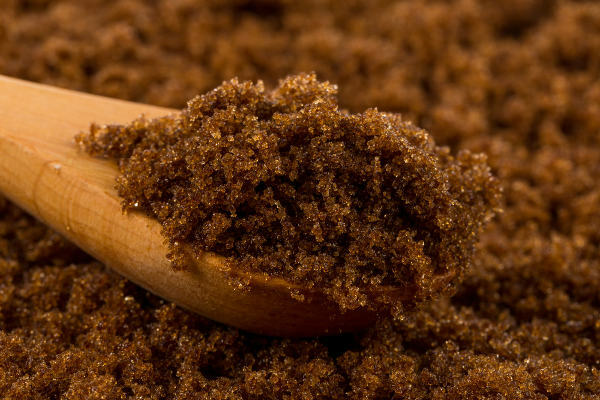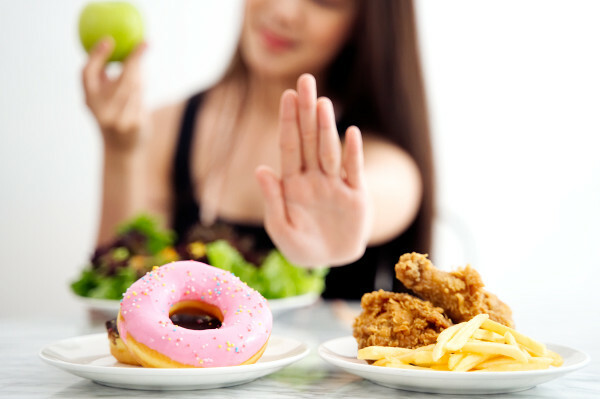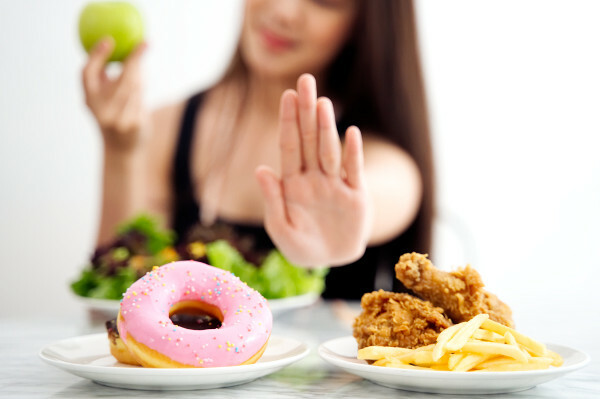O consumption of sugar in Brazil it increased in recent decades, according to Embrapa. This is a fact that deserves attention, as the exaggerated consumption of this substance is related to health problems, such as overweight and obesity. This, however, does not mean that sugar should be abolished from the food, and yes consumed with moderation.
sugar consumption
When we talk about sugar consumption, many people think that we are only referring to the sugar used to sweeten juice or coffee, for example. However, many foods contain sugar, and in some there is a large amount of this ingredient. Among the products rich in sugar, we can mention soft drinks, ice cream, candy, cakes and biscuits.

According to the Ministry of Health, Brazilians consume 50% more sugar than recommended by the World Health Organization (WHO). About 64% of the sugar consumed daily by Brazilians corresponds to sugar added to the food, the rest refers to sugar that is present in processed foods. According to the WHO, one should reduce the intake of free sugars by less than
10% of total caloric intake. For greater health benefits, the Organization recommends that reduction in daily consumption is 5%.It is good to point out that by free sugars it is understood, according to the Pan-America Health Organization and the WHO, in the guide Sugar intake by adults and children: “the monosaccharides and disaccharides added to foods and beverages by the manufacturer, the cook or the consumer, in addition to the sugars naturally present in honey, syrups, fruit juices and juice concentrates. fruits”.
Know more:The controversial ban on the sale of sweets in schools
Do not stop now... There's more after the advertising ;)
5 tips to have a better diet with less sugar
As we know, the WHO recommendation is to reduce sugar consumption, and to do this, you can start by following 5 simple tips:
Reduce the amount of sugar put into juices and coffees;
Carefully analyze the label of the products and always prefer those foods that have less sugar;
Cutting out of your diet sodas and industrialized juices;
add fruits to your food;
Give preference to food made at home.
Read too: Recommendations for healthy eating
Types of sugar
Sugar is a product that can be defined, according to Anvisa, as sucrose obtained from sugarcane or beetroot by suitable industrial processes. There are different types of sugar on the market, each with specific characteristics. Among the most common types are refined sugar, brown sugar, crystal sugar and demerara sugar. See below the main features of each of them.
Refined sugar: it is also called white sugar, and this aspect is achieved thanks to the refinement process, in which some additives are added. During refinement, this type of sugar loses many vitamins and minerals, leaving only “empty calories”.
Brown sugar: it stands out for its darker aspect and also more humid when compared to refined sugar. It is obtained after cooking the sugarcane juice, does not undergo bleaching processes and has more nutrients than refined sugar.

Crystal Sugar: features larger crystals. It goes through some refinement steps and loses, at the end of the process, approximately 90% of mineral salts and vitamins.
Raw sugar: stands out for undergoing a lighter refinement process and does not receive additives. Its color is brown due to the presence of a molasses that is on top of the crystals. It has high nutritional values.
When it comes to healthy eating, the most recommended types of sugar are those that have gone through less processes, as they have more vitamins and minerals. In this case, the most recommended are brown and demerara. However, it is worth noting that they all have a lot of calories, so it is necessary to use them in moderation.
Consequences of overconsumption of sugars

Sugars, if consumed excessively, can be harmful to health. In this sense, the best known problem is undoubtedly the increase in body weight, which can lead to obesity. As we know, obesity is related to problems such as diabetes and hypertension. In addition, excessive consumption is related to the appearance of dental caries.
It is also worth noting that some studies show that the consumption of beverages rich in sugars, such as like soft drinks and sweetened juices, it is directly related to the development of some types in cancer. To learn more about the topic, read:Risks of overconsumption of sugar.
By Ma. Vanessa dos Santos
Would you like to reference this text in a school or academic work? Look:
SANTOS, Vanessa Sardinha dos. "Sugar in food"; Brazil School. Available in: https://brasilescola.uol.com.br/saude-na-escola/acucar-na-alimentacao-diabetes-obesidade.htm. Accessed on June 27, 2021.

